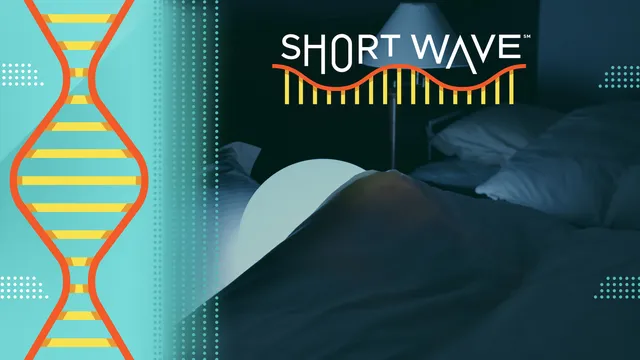
Short naps boost problem-solving abilities, say researchers
2025-06-27 00:00- Research teams from several German institutions studied the impact of short naps on cognitive performance.
- Participants who napped for 20 minutes exhibited a significant increase in insight during problem-solving tasks.
- These findings suggest that brief naps can enhance creativity and problem-solving capabilities.
Express your sentiment!
Insights
In a recent study conducted in Germany, researchers from the University of Hamburg, the Max Planck Institute for Human Development, and the Max Planck UCL Centre for Computational Psychiatry and Ageing Research explored the effects of short naps on cognitive problem-solving. Since 2004, research has highlighted the significance of a full night’s sleep for enhancing insight the following day, but little had been understood regarding how shorter sleep sessions, like naps, impact cognition. In this study, participants engaged in a problem-solving task that required identifying color cues which were paired with certain responses. To investigate the effects of napping, participants were granted a 20-minute break in a comfortable setting during the task. Some participants remained awake while others napped, with their brain activity monitored through an electrode cap. Post break, the results revealed that the group who had napped demonstrated a marked increase in solving the color trick correctly, showcasing that 86% of the deep sleepers had a sudden insight moment, significantly outperforming the non-napping cohort. The findings were recently published in the journal PLOS Biology. Céilia Lacaux, a cognitive neuroscientist from the University of Geneva, expressed her excitement about the results, stating that the study effectively reiterated the positive impact of short naps on enhancing insights. Such results suggest that further research is necessary to delve deeper into the biochemical mechanisms that underpin these insights triggered by naps. The research not only expands the understanding of sleep's role in cognitive activities but also provides practical implications for enhancing productivity through short periods of rest. The compelling findings from this investigation indicate that short naps could serve as a potential strategy for individuals looking to boost their problem-solving skills and creativity, particularly in environments that require quick thinking and innovative solutions. Given the findings and widespread interest in sleep research, this study opens new avenues for future investigations aimed at exploring the nuances of sleep and cognitive performance.